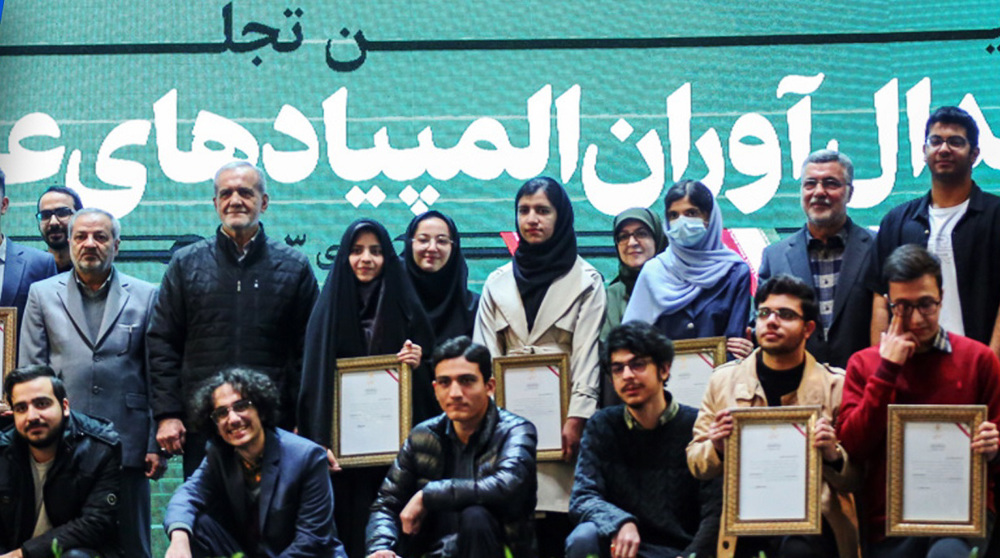Rohingya refugees in India urge release of detained members
Munawar Zaman
Press TV, New Delhi
This is all they have to survive with, for now, a little crumbling space filled with dirt and garbage. This Rohingya refugee camp on the outskirts of New Delhi is no more than an open prison for the members of the community who face constant threats and intimidation from law enforcement agencies.
They say all their activities are being monitored and reported to the local police station on a daily basis. A member of the community is given that task, but that is not the only trouble.
This woman says her son has been held in a detention center for months despite having a UN refugee card. With eyes full of tears and a numb voice, she revealed her ordeal.
In recent weeks, the Delhi High Court ordered a joint inspection of the Rohingya detention center in New Delhi by officials of concerned agencies over the alleged lack of basic amenities.
The court was hearing a plea of a female refugee who is facing bad health conditions due to the lack of basic facilities in the detention center.
Most refugees here have heartbreaking tales of the past and those memories of carnage and exodus are haunting them.
Based on official estimates, India is home to some 40,000 Rohingya refugees, but independent reports put the figures at hundreds of thousands.
Most of the refugees we spoke with feared that their identities would be revealed, given the high risk of detention.
Scores of them have gone into hiding at undisclosed locations across India. They have horrific tales of separation from their families amid a persistent deportation campaign and intensified crackdown against the community.
‘Ghost town’: 70% of Jabalia buildings destroyed by Israel
Mother’s Day: Sareh Javanmardi’s inspiring journey as Paralympic champion and mother
Russia downs over 40 Ukrainian drones as Putin vows 'destruction' on Kiev
VIDEO | Yemen: A bone in Israeli neck
D-8’s role in Iran’s economy after Cairo summit
China slams US as ‘war-addicted’ threat to global security
China ‘firmly opposes’ US military aid to Taiwan
VIDEO | Press TV's News Headlines









 This makes it easy to access the Press TV website
This makes it easy to access the Press TV website